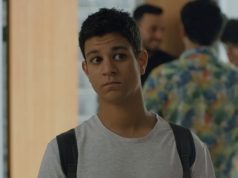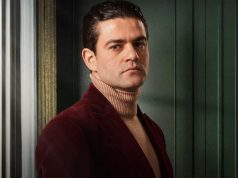The award-winning director of Hepta opened up about how his latest film is remarkably different from anything he has ever done before – including sharing insights on what the creative process was like working with famed author Ibrahim Eissa and a cast of superstars.
CWM: You’re an accomplished and award-winning director, celebrated for films like Hepta and mega-popular Etisalat TV commercial with Mohamed Ramadan, how does this film depart from your previous work?
Technically speaking, this movie was very challenging to shoot because the filming set is one apartment with all events taking place in a confined space. The other challenging aspect is the drama, so it presents a challenge in directing actors and getting the most out of their performance for dramatic effect. You want the audience to connect with the realness and authenticity of the characters.
Ibrahim Eissa is a famous author, and this is his first time writing a script, what was the experience like working with him?
He’s a very well-known and celebrated writer, but this is his first time handling a script, so I wasn’t sure in the beginning how flexible he would be with his vision for the film. However, I found him to be easy to work with, and he believed in my vision and point of view in how to adapt his writing to the screen.
The film’s plot deals with touchy subjects that are prevalent in Egyptian society – what were the biggest obstacles working with such sensitive material?
You have to believe in what you’re doing and in the message you’re sending. I found no obstacles in dealing with my actors; each one of them is a professional and brought a lot to their character. The whole film is challenging in terms of the subject, the relationship between different religious faiths and different segments of society, and for that reason, we faced a lot of issues with the censorship board.
 What do you hope that audiences will take away from the film?
What do you hope that audiences will take away from the film?
What I care about is that audiences enjoy the film, and they will be able to relate to what the subject is all about. The film is all about two different points of view put together in one location and they have to deal with it. It’s a very simple story. This is what happens every day.





